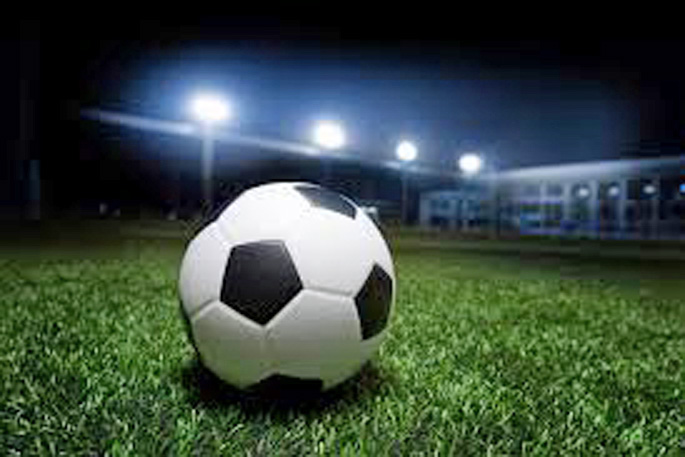Grassroots coaches and professional sportspeople say they are ‘excited' by the changes to youth sport that have been proposed.
A new initiative by Sport New Zealand was announced today.
Sport NZ chief executive Peter Miskimmin says the shift of emphasis was designed to ‘push back against early specialisation over-emphasis on winning, and other factors that are driving young New Zealanders away from sport.
Five sporting bodies - rugby, netball, cricket, football and hockey - have already pledged their support to this change in approach.
Former All Black and Black Cap Jeff Wilson says the plan was a great start.
"I'm excited to think what it's going to address at a number of levels, to try and change some attitudes around how is best to support youth in terms of their attitude towards sport," he says.
"I want them to experience different environments, play in different games, and at the same time completely enjoy their experience."
The need for change has come as a result of the drop-off in youth participation.
Figures from last year showed that while 96 per cent of kids aged between 12 and 14 were participating in sport at least once a week, this dropped down to 90 per cent for those aged between 15 and 17. Part of Sport New Zealand's aim is to address this 6 percent drop.
The issue of dwindling participation has been felt most at the grassroots level.
Otago Country Cricket Association district manager Adrian Morgan says teams across his region struggled to get the numbers together.
"We've got very strong junior participation numbers," he says.
"But when kids are going through to high school, we're experiencing quite a drop-off. And it's a lot of those high school teams in that sort of youth area are struggling to get teams together."
'Toxic environments' in teams:
Adrian says the structured nature of team sports was making sport unappealing and that would have to change to keep them involved.
"They've got to look at why the kids are involved in the sport, and it's really about camaraderie and fun. There's so much competition from other unstructured options - it's almost like they've got to do that to keep the kids involved."
Jeff, who played 60 times for the All Blacks, and seven times for the Black Caps, agreed.
"The most important things are that people have a love for what they are doing," he says.
"Sometimes that pressure to go out and perform and be the best out of everybody is turning kids off."
Instead, sports should focus on the fun, social side of things, Jeff says.
"Training a couple of days a week, coming together on the weekend, having some fun with your mates, should never be lost on kids growing up."
For water polo coach Sarah Chambers, who also runs the Little Makos Swim School in Wellington, kids are being deterred as sport becomes too competitive as they grow older.
"I think that once we start to specialise them so early, get them doing so many training sessions that there's no time in their life for anything else except for school and their training, I think that that can create toxic environments.
"They're so hyper-focussed and so pushed, that sometimes their enjoyment of the sports that they're playing goes out the window."
Changes to how sport is run:
Amongst other changes, the initiative proposed altering competition structures, reducing the risk of overtraining, and encouraging kids to play in more than one sport.
Sophie Devine, who is another dual-international, having played for both New Zealand's international cricket and hockey teams, said getting kids to try out multiple sports was hugely important.
"I've always pushed anyone that I've come across to play multiple sports because I just think the benefits are endless," she says.
"I played netball, basketball, even lately rugby. It's just so good, not just for me physically, but mentally as well just to have that break and to have something different."
Currently, just New Zealand's five main team sports have signed onto the pledge.
But dual Olympic gold medallist Eric Murray says rowing should have a look at making changes as well.
"I would love to see situations where people go for it, and they're not disappointed whether they're winning or losing," he says.
"That to me, it's like, are they having fun while they're doing it? And I know rowing could do that - if we had sprint regattas, if we had head races, where you're just one on one. There's ways it can actually just happen where people go 'I loved competing in that event'. Did it matter if you won or lost? No!
"Because the event was what people went to do it for."
He says that the Maadi Cup was a great example across sport of high schoolers loving the event, rather than the competition.
"They love going to it, because of the reason of what happens around the boat park, and the people I meet, all the different schools, the friends and families, the places that you go. That's awesome - that's what you do it for. A lot of people - they don't care if they came last. They went to that event."
From grassroots to professionals, from rugby to rowing, increasing the numbers of kids playing sports is a priority.
And while each sport has its own unique challenges, they're all looking to win when it comes to participation.



0 comments
Leave a Comment
You must be logged in to make a comment.